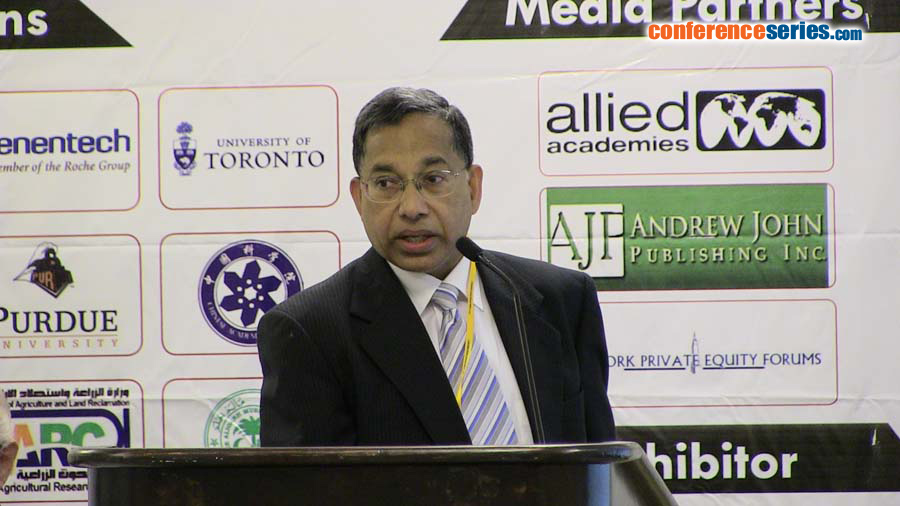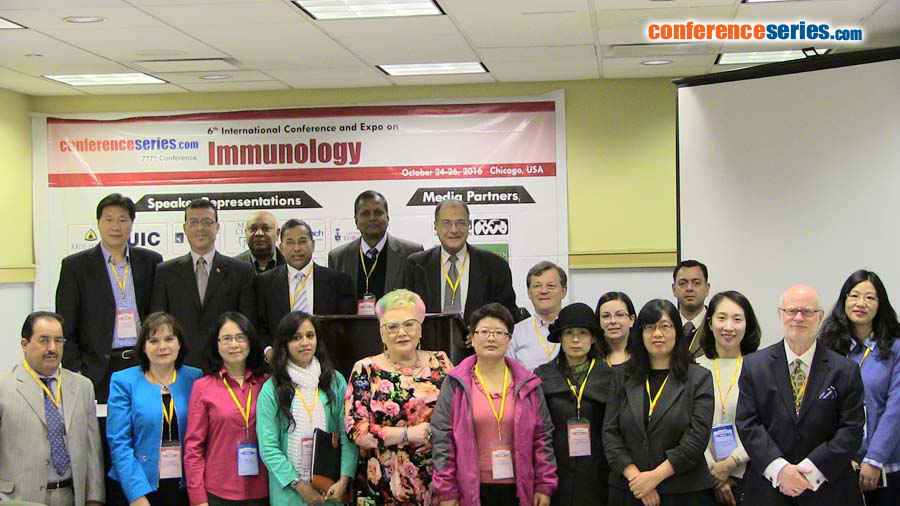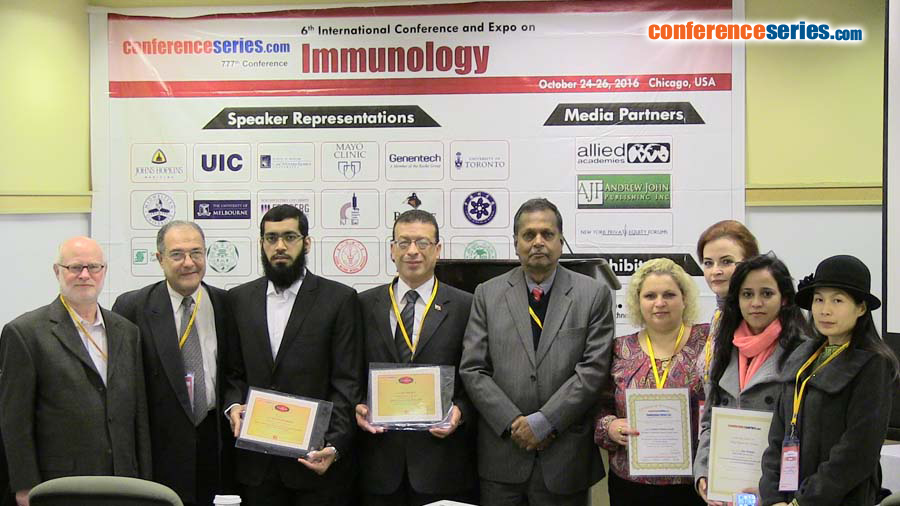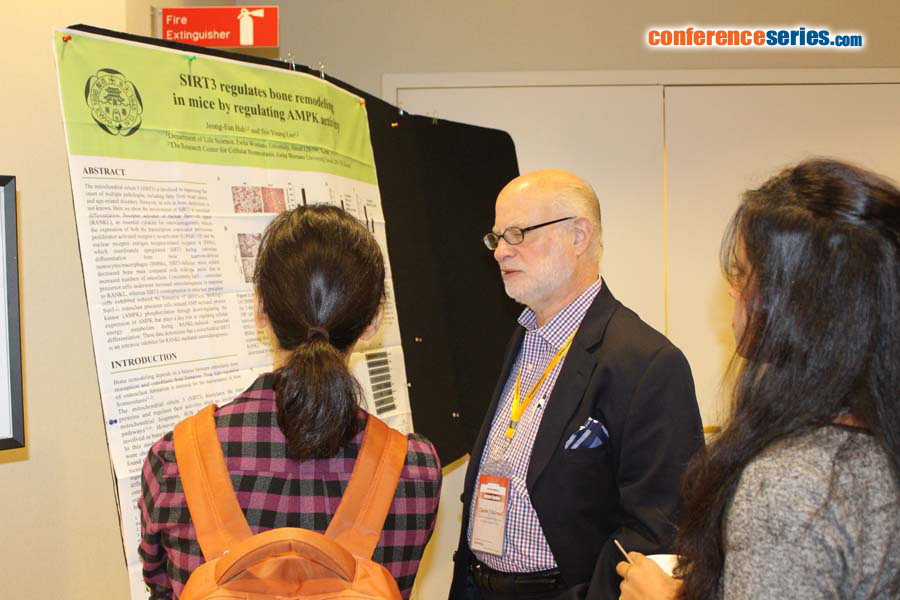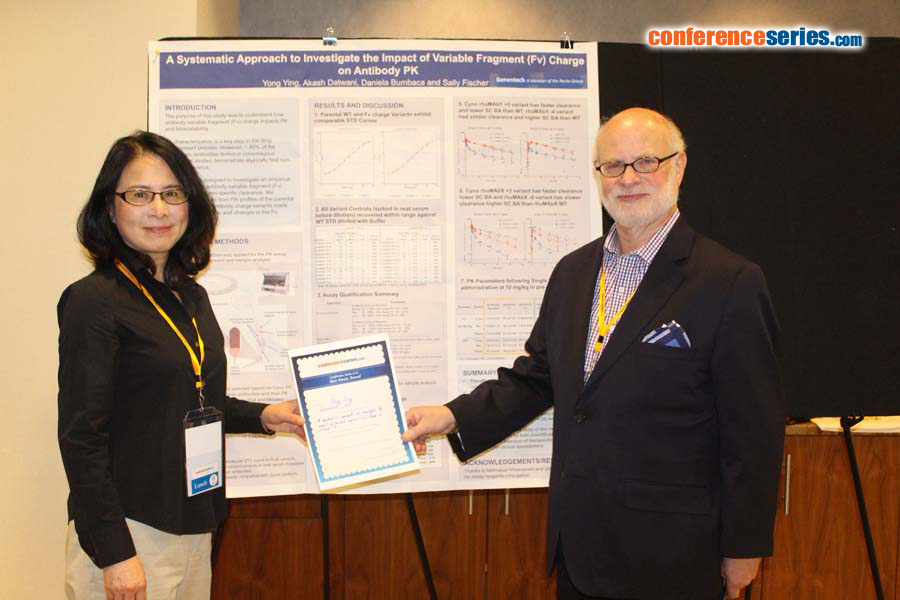
James M Mathew
Northwestern University Feinberg School of Medicine, USA
Title: Transplant tolerance in the human: Coming of age
Biography
Biography: James M Mathew
Abstract
Solid organ, tissue or cellular transplantation is the preferred therapy for multiple types of organ or system failures. However, the use of nonspecific immunosuppressive agents (IS) has been critical to prevent either host vs graft rejection or graft vs host disease. IS is costly; its long-term use leads to acute and chronic toxicities, opportunistic infections, malignancy, renal failure, and other organ damage. Since organs were first transplanted in humans, the field’s elusive goal has been to establish donor-specific immunologic tolerance, a state where the trasnplant is accepted as “self,” eliminating the need for IS.
Spontaneous “operational tolerance” resulting from the transplant recipient having stopped taking IS has been reported. Such spontaneous tolerance is rare and more organs are lost due to the non-compliance. Even though the participation of immunoregulatory cells has been reported, the various mechanisms operating in these rare patients as predictive biomarkers are elusive or at best inconclusive.
Based on a wealth of knowledge from experimental animal models, numerous in vitro and ex vivo assay systems, a number of groups have made deliberate attempts at inducing clinical transplant tolerance and have succeeded to some extent during the last decade. What all these studies have in common is the use of donor bone marrow derived cell infusions, which result in transient microchimerism or even prolonged macro or full donor chimerism. These early works will be briefly reviewed as a historical background. Then, an in-depth synthesis of new and ongoing studies will be made, with an emphasis on our own work in both HLA-identical and HLA-disparate kidney transplantations.


